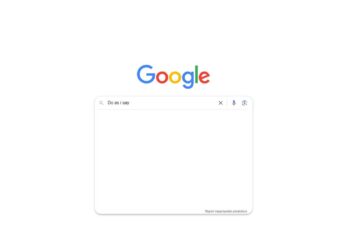Are you gearing up for a fresh start in the UAE with a new job or a move to a new house? Whether you’re renting or buying, one essential step for a smooth transition is securing a personal bank account in the UAE.

The perks of having a personal bank account in the UAE extend far beyond mere financial storage. Not only does it provide a secure haven for your savings, but it also facilitates direct income deposits, seamless rent and utility bill payments, and a range of other transactions.
Understanding Your Options: Savings vs. Current Account
In the UAE, personal bank accounts generally fall into two categories: savings and current accounts. A savings account is ideal for accumulating savings with an interest rate on your balance. Additionally, it provides you with a debit and/or credit card for convenient transactions. On the other hand, a current account is more versatile, allowing you to write cheques for transactions and providing debit/credit options for your financial activities.
Opening Your Personal Bank Account: A Step-by-Step Guide
Now, let’s walk through the essential steps to open your personal bank account in the UAE:
- Choose Your Bank: Before diving into the account opening process, identify the bank where you want to establish your account. Consider factors such as branch locations, working hours, ATMs accessibility, and the availability of online banking services.
- Account Agreements: During the account opening, you’ll be required to sign various agreements. Take the time to comprehend your obligations, as this step is crucial for a smooth banking experience. Note that the account opening process may take up to four business days.
- Required Documents: Ensure you have the necessary documents ready. These typically include:
- Emirates ID
- Passport copy (if Emirates ID is unavailable)
- Current visa or proof of residency (e.g., UAE driving license, utility bill, tenancy contract, bank statement)
- Letter from your employer
- Inquire About Key Details: When meeting with the bank representative, ask pertinent questions such as:
- Cheque-issuing capabilities
- Savings account interest rates
- Returned cheque fees
- Overdraft privileges and associated costs
- Bank policies on fund holds
- Access to foreign currency
- Debit card availability
- Monthly and transaction fees
- Minimum balance requirements
- Transfer of funds costs and ease
- Notice requirements for large withdrawals
- Debit Card Details: If a debit card is provided, understand withdrawal limits, compatible ATMs, and any associated transaction fees.
- Security Measures: Safeguard your PIN (security number) and refrain from sharing it with anyone. According to the Central Bank of the UAE, this precaution is vital for account security.
While this information provides a comprehensive guide, it’s essential to note that it doesn’t constitute legal advice. Customers are urged to thoroughly understand their obligations, with the responsibility lying on the account holder.
Embark on your UAE journey with financial preparedness by securing your personal bank account – a fundamental step towards a seamless and secure financial experience.
















